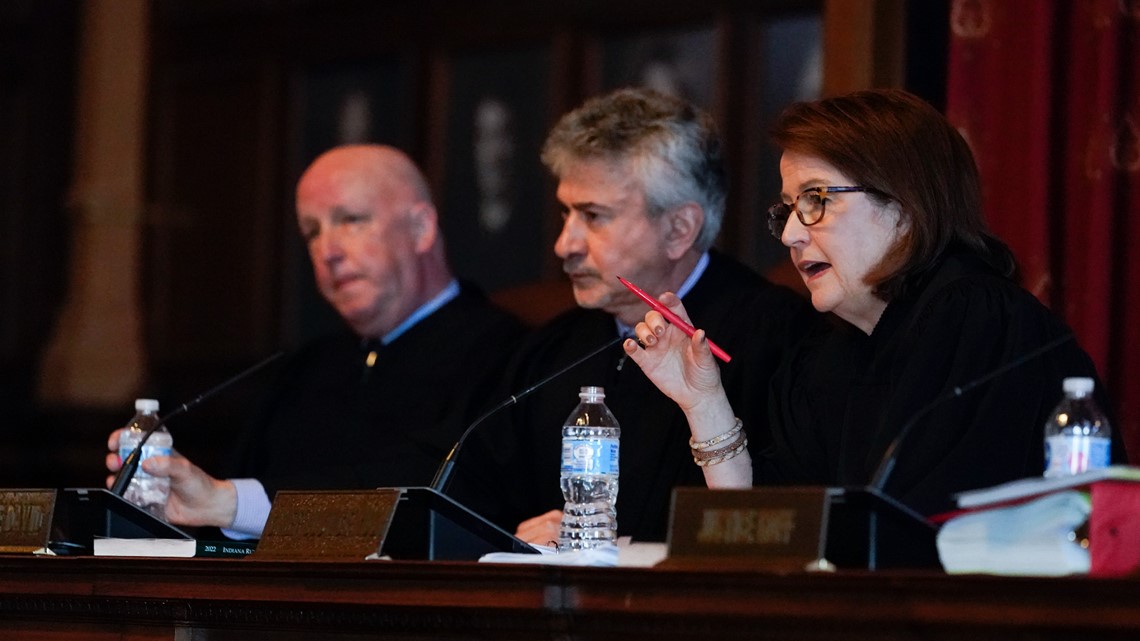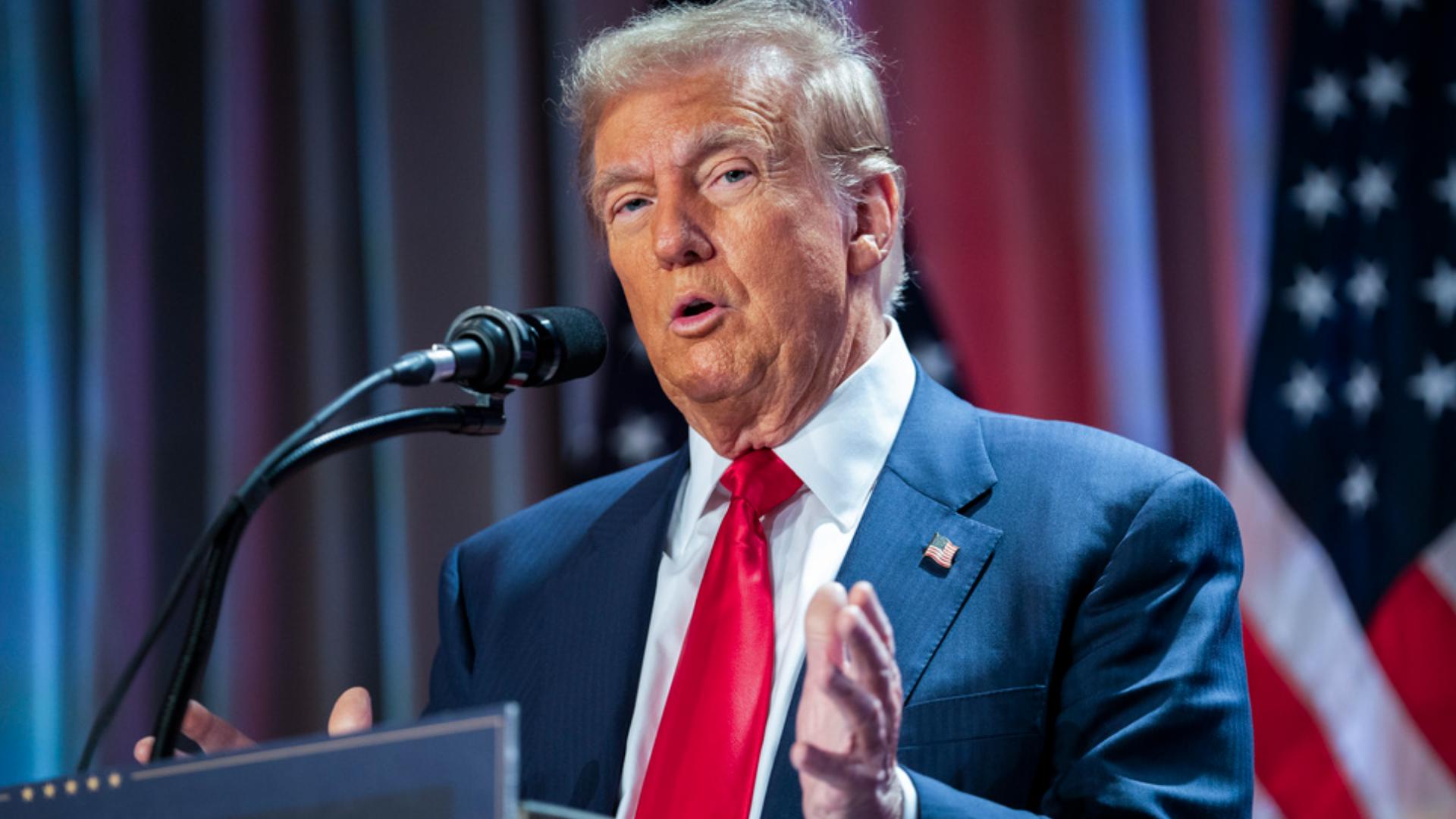INDIANAPOLIS — A lawyer for Indiana Gov. Eric Holcomb urged the state Supreme Court on Thursday to decide the constitutionality of increased power state legislators gave themselves to intervene during public health emergencies, arguing that the state’s residents could face great uncertainty in a time of distress.
The state’s highest court heard arguments in the lawsuit that Holcomb filed last year against the Republican-dominated Legislature over a law giving legislative leaders authority to call the General Assembly into what it calls an “emergency session” when the governor has declared a statewide emergency. The Republican governor contends that violates a state constitutional provision that says only the governor can call the Legislature back following its annual sessions that begin in early January and adjourn by the end of April..
Richard Blaiklock, one of the private lawyers representing Holcomb, asked the justices to reject arguments from the state attorney general’s office that the governor doesn’t have the right to challenge the law in court. Blaiklock said the court shouldn’t leave hanging a potential legal dispute over whether differing actions by the governor or Legislature would prevail during a future emergency.
“We are talking about public health and safety,” Blaiklock said.
A Marion County judge upheld the law in October, ruling that the constitution gives the General Assembly the authority to determine when and for how long it will meet.


State Solicitor General Tom Fisher, who represented the Legislature, argued the law does not limit the governor’s authority to call a special session and that since the new law hasn’t been used the Supreme Court has nothing to decide.
“There is an abstract question about the constitutionality,” Fisher said. “That’s not the role of courts to decide abstract questions, it’s to resolve real legal disputes.”
The Supreme Court has no deadline in releasing a decision on the case.
Legislators advanced the law last year following criticism from conservatives over the statewide mask mandate and other COVID-19 restrictions that Holcomb imposed by executive order.
Holcomb ended the statewide COVID-19 public health emergency declaration early last month —nearly two years after he first issued it — once lawmakers approved administrative steps protecting enhanced federal funding for Medicaid and food assistance. Holcomb had ended any statewide mask mandates or business restrictions in spring 2021.
Republican legislative leaders have maintained that the “emergency session” measure wasn’t “anti-governor” and praised Holcomb’s handling of the coronavirus pandemic, which health officials say has killed some 23,000 people in the state since March 2020.
The Supreme Court justices questioned the attorneys on Thursday about their interpretations of the state constitution language stating “The length and frequency of the sessions of the General Assembly shall be fixed by law” and whether that authority could be delegated to legislative leaders for the calling of meetings to debate and adopt laws at their discretion.
Blaiklock argued that legislators chose not to specifically give the General Assembly the power to call itself into special session when drafting a constitutional amendment approved in a 1970 statewide referendum that allowed the Legislature to have annual sessions rather than every other year.
Blaiklock said if lawmakers now want the power to call special sessions, they should pursue a constitutional amendment rather than trying to sidestep the constitution.
“They knew how to do it in 1967,” Blaiklock said. “They proposed that language and didn’t follow it.”
The Legislature has the existing authority to terminate emergency orders issued by the governor with a simple majority vote. Numerous Republican lawmakers sponsored such resolutions to end Holcomb’s COVID-19 orders during the 2021 and 2022 sessions, but legislative leaders didn’t advance any of them for votes.
Fisher, a top deputy to Republican Attorney General Todd Rokita, said legislators should have the authority to debate what actions the state government should take during extended emergencies.
“The idea that somehow there is a special offense to the order of the state of Indiana because the Legislature would meet in July, rather than in January, I don’t understand that,” Fisher said.



